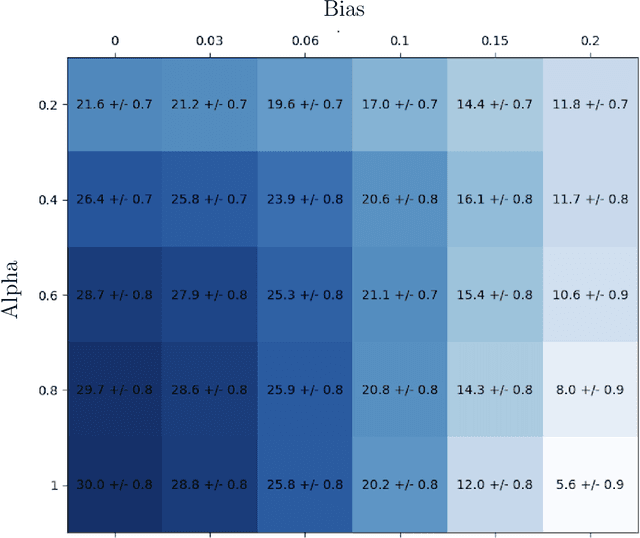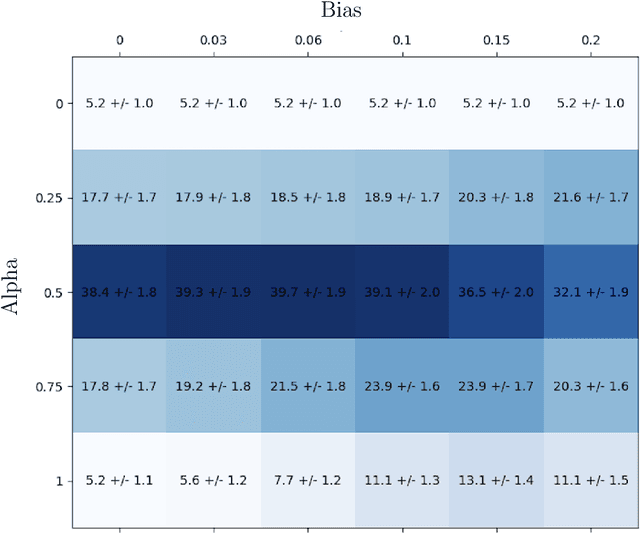Equilibrium and Learning in Fixed-Price Data Markets with Externality
Paper and Code
Feb 16, 2023

We propose modeling real-world data markets, where sellers post fixed prices and buyers are free to purchase from any set of sellers they please, as a simultaneous-move game between the buyers. A key component of this model is the negative externality buyers induce on one another due to purchasing similar data, a phenomenon exacerbated by its easy replicability. In the complete-information setting, where all buyers know their valuations, we characterize both the existence and the quality (with respect to optimal social welfare) of the pure-strategy Nash equilibrium under various models of buyer externality. While this picture is bleak without any market intervention, reinforcing the inadequacy of modern data markets, we prove that for a broad class of externality functions, market intervention in the form of a revenue-neutral transaction cost can lead to a pure-strategy equilibrium with strong welfare guarantees. We further show that this intervention is amenable to the more realistic setting where buyers start with unknown valuations and learn them over time through repeated market interactions. For such a setting, we provide an online learning algorithm for each buyer that achieves low regret guarantees with respect to both individual buyers' strategy and social welfare optimal. Our work paves the way for considering simple intervention strategies for existing fixed-price data markets to address their shortcoming and the unique challenges put forth by data products.
 Add to Chrome
Add to Chrome Add to Firefox
Add to Firefox Add to Edge
Add to Edge